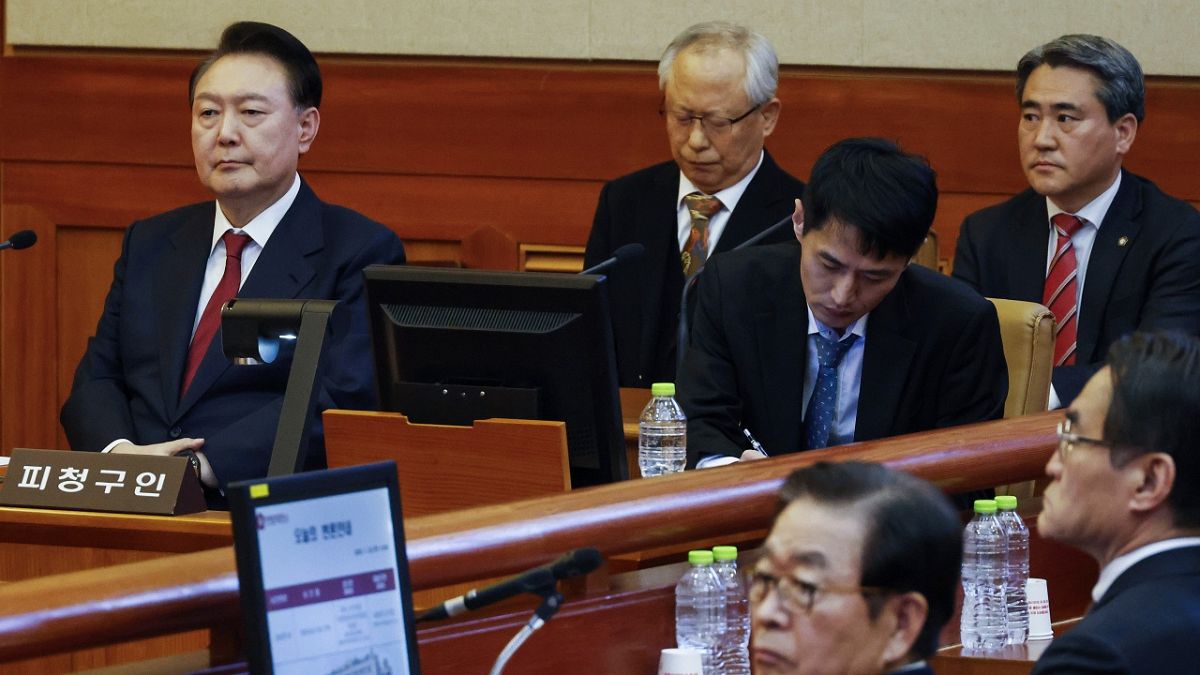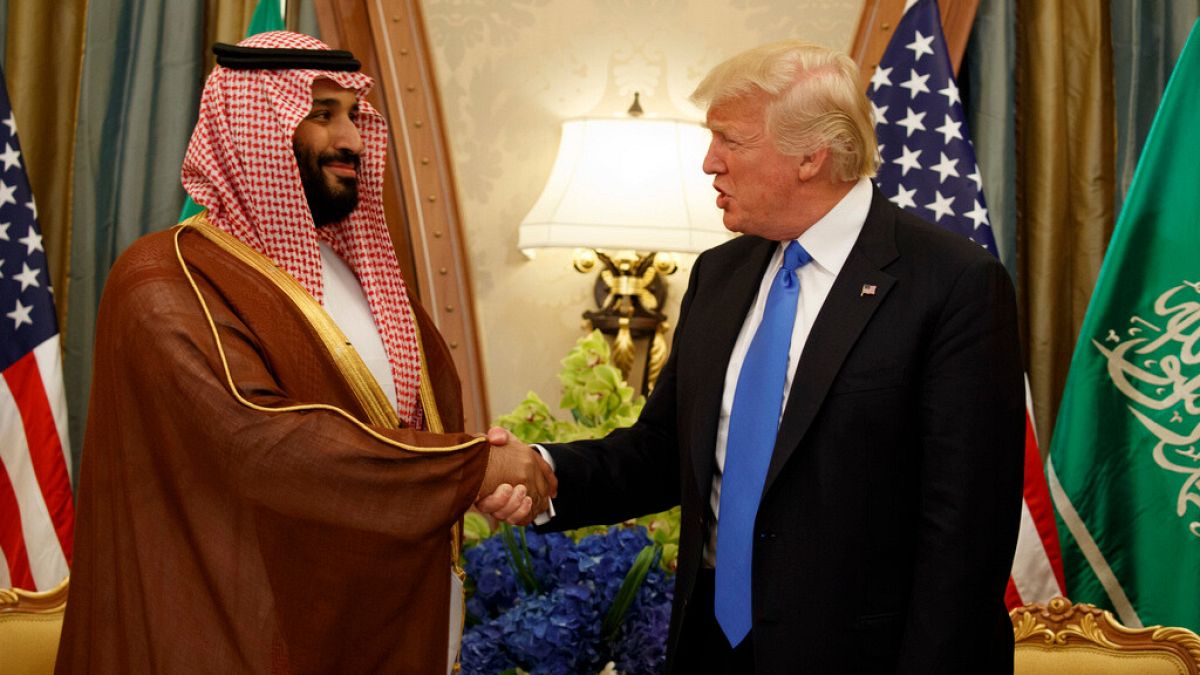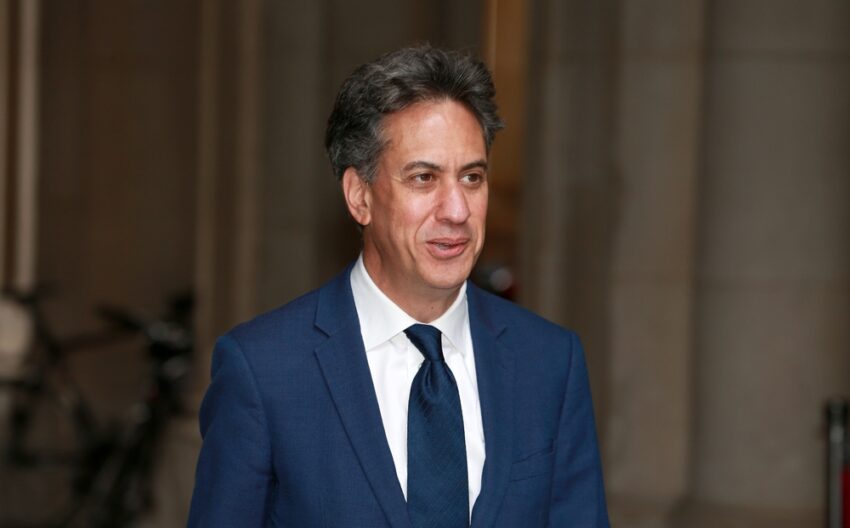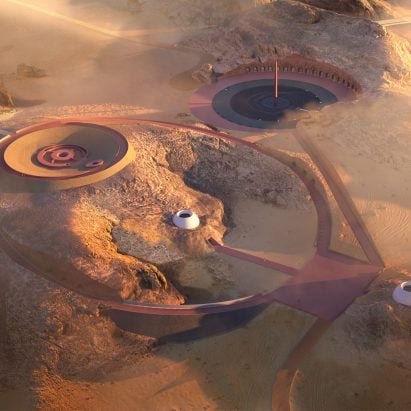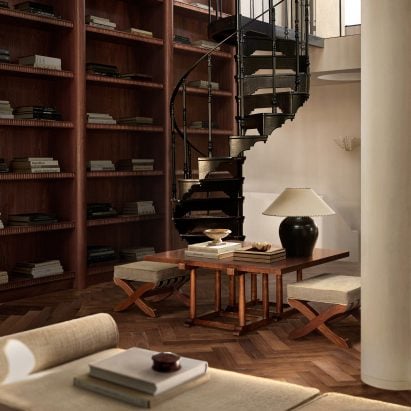Tokyo’s new cardinal shares what he is looking for in the next pope
Cardinal-elect Tarcisio Isao Kikuchi speaks to CNA on Friday, Oct. 18, 2024, in Rome. / Credit: EWTN News
Vatican City, Oct 26, 2024 / 06:00 am (CNA).
The archbishop of Tokyo shared in an interview with CNA what qualities he is looking for in the next pope as he faces the possibility of participating in a future papal conclave after being named one of the Catholic Church’s new cardinals.“If a conclave happens very soon, I think what we need is somebody to succeed the policy of Pope Francis,” Cardinal-elect Tarcisio Isao Kikuchi said.“Because he started this synodal way to create the synodal Church, and if somebody comes in with … a different agenda, then what we have been doing is just in vain, just to disappear.”Kikuchi, who is in Rome this month as a delegate in the Synod on Synodality, said one of the difficulties facing the newly appointed cardinals — who come from sees of Tehran, Iran; Turin, Italy; and Toronto, among others — is getting know the soon-to-be 140 voting members of the College of Cardinals.“After the announcement was made, after a few days, I went through the website to look for all the names of the cardinals under 80 years old — so those who are eligible to vote in a conclave at this moment. And, I know some of them, but I don’t know many of them,” he said.The 65-year-old archbishop underlined that he thinks it is important for the new cardinals especially to get to know the “senior cardinals” to learn “who they are, what they are thinking, and what their abilities are.” “Otherwise, it will be very difficult to choose somebody as a pope,” he added.One of the many ways that Pope Francis has transformed the College of Cardinals in his 11-year pontificate is by more than doubling the number of cardinal-electors from Asia. When Pope Francis was elected in 2013, there were nine voting cardinals from Asia. After the upcoming consistory there will be 22.“There are quite a number of cardinals from Asia and I think that among the Asians we know each other quite well,” Kikuchi said, crediting in part the annual meeting of the Federation of Asian Bishops’ Conferences.As the president of Caritas Internationalis — the successor to Cardinal Luis Antonio Tagle in that role — Kikuchi has had the chance to meet many cardinals and bishops from different parts of the world, but added: “But I don’t know … who they are.”The Japanese cardinal-elect noted that the synod assembly this month provided the opportunity for the leadership of the federations of bishops’ conferences of Asia, Africa, and Latin America to meet together in Rome, and expressed hope that future collaboration between these federations will help build relationships.“We call ourselves the Global South bishops’ conferences,” he added.A missionary heart for ChinaLike nearly half of the new cardinals recently selected by Pope Francis, Kikuchi is a member of a religious congregation. Kikuchi entered the Society of the Divine Word (SVD), a missionary order founded in 1875 to evangelize China, as a minor seminarian. He recalled being inspired as a young boy by the story of Cardinal Thomas Tien Ken-sin, the first cardinal from China who was a member of the Divine Word order.“He was the archbishop of Beijing in the 1940s … and he was expelled from China in the 1950s and he died in Taiwan. I knew that story when I was in minor seminary. I really admired his courage to try to maintain his presence in Beijing when the Communist [Party] was taking over the country,” Kikuchi recalled.“We also had many missionaries escaping from China who came to Japan for refuge. And we met many of them, and they are really inspiring for how to be a strong missionary,” he added.Cardinal-elect Tarcisio Isao Kikuchi during an interview with CNA on Friday, Oct. 18, 2024, in Rome. Credit: Daniel Ibáñez/CNAAfter his priestly ordination in 1986, Kikuchi had his chance to become a missionary serving in Ghana, where he ministered for eight years, becoming the first Japanese priest to serve as a missionary in Africa.Now as the archbishop of Tokyo, he oversees a diverse flock that includes Catholics from mainland China who have shared with him both their tribulations and their efforts to spread the faith in their homeland.“We have a number of Catholics from mainland China residing in Tokyo,” he said, highlighting a Chinese parish with many members from the mainland.Regarding the Vatican’s provisional agreement with Beijing on bishop appointments, Kikuchi pointed to the need for clarity on diocesan boundaries. He explained that the current dioceses in mainland China do not align with historical diocesan boundaries established before the rise of communist rule.“Officially speaking, the present dioceses in mainland China are not the real dioceses. The real dioceses date from before Communist China,” he said.Kikuchi also spoke about the significance of the diplomatic relationship between the Holy See and Taiwan to the Church in the region.“We are always watching carefully to see
Cardinal-elect Tarcisio Isao Kikuchi speaks to CNA on Friday, Oct. 18, 2024, in Rome. / Credit: EWTN News
Vatican City, Oct 26, 2024 / 06:00 am (CNA).
The archbishop of Tokyo shared in an interview with CNA what qualities he is looking for in the next pope as he faces the possibility of participating in a future papal conclave after being named one of the Catholic Church’s new cardinals.“If a conclave happens very soon, I think what we need is somebody to succeed the policy of Pope Francis,” Cardinal-elect Tarcisio Isao Kikuchi said.“Because he started this synodal way to create the synodal Church, and if somebody comes in with … a different agenda, then what we have been doing is just in vain, just to disappear.”Kikuchi, who is in Rome this month as a delegate in the Synod on Synodality, said one of the difficulties facing the newly appointed cardinals — who come from sees of Tehran, Iran; Turin, Italy; and Toronto, among others — is getting know the soon-to-be 140 voting members of the College of Cardinals.“After the announcement was made, after a few days, I went through the website to look for all the names of the cardinals under 80 years old — so those who are eligible to vote in a conclave at this moment. And, I know some of them, but I don’t know many of them,” he said.The 65-year-old archbishop underlined that he thinks it is important for the new cardinals especially to get to know the “senior cardinals” to learn “who they are, what they are thinking, and what their abilities are.” “Otherwise, it will be very difficult to choose somebody as a pope,” he added.One of the many ways that Pope Francis has transformed the College of Cardinals in his 11-year pontificate is by more than doubling the number of cardinal-electors from Asia. When Pope Francis was elected in 2013, there were nine voting cardinals from Asia. After the upcoming consistory there will be 22.“There are quite a number of cardinals from Asia and I think that among the Asians we know each other quite well,” Kikuchi said, crediting in part the annual meeting of the Federation of Asian Bishops’ Conferences.As the president of Caritas Internationalis — the successor to Cardinal Luis Antonio Tagle in that role — Kikuchi has had the chance to meet many cardinals and bishops from different parts of the world, but added: “But I don’t know … who they are.”The Japanese cardinal-elect noted that the synod assembly this month provided the opportunity for the leadership of the federations of bishops’ conferences of Asia, Africa, and Latin America to meet together in Rome, and expressed hope that future collaboration between these federations will help build relationships.“We call ourselves the Global South bishops’ conferences,” he added.A missionary heart for ChinaLike nearly half of the new cardinals recently selected by Pope Francis, Kikuchi is a member of a religious congregation. Kikuchi entered the Society of the Divine Word (SVD), a missionary order founded in 1875 to evangelize China, as a minor seminarian. He recalled being inspired as a young boy by the story of Cardinal Thomas Tien Ken-sin, the first cardinal from China who was a member of the Divine Word order.“He was the archbishop of Beijing in the 1940s … and he was expelled from China in the 1950s and he died in Taiwan. I knew that story when I was in minor seminary. I really admired his courage to try to maintain his presence in Beijing when the Communist [Party] was taking over the country,” Kikuchi recalled.“We also had many missionaries escaping from China who came to Japan for refuge. And we met many of them, and they are really inspiring for how to be a strong missionary,” he added.Cardinal-elect Tarcisio Isao Kikuchi during an interview with CNA on Friday, Oct. 18, 2024, in Rome. Credit: Daniel Ibáñez/CNAAfter his priestly ordination in 1986, Kikuchi had his chance to become a missionary serving in Ghana, where he ministered for eight years, becoming the first Japanese priest to serve as a missionary in Africa.Now as the archbishop of Tokyo, he oversees a diverse flock that includes Catholics from mainland China who have shared with him both their tribulations and their efforts to spread the faith in their homeland.“We have a number of Catholics from mainland China residing in Tokyo,” he said, highlighting a Chinese parish with many members from the mainland.Regarding the Vatican’s provisional agreement with Beijing on bishop appointments, Kikuchi pointed to the need for clarity on diocesan boundaries. He explained that the current dioceses in mainland China do not align with historical diocesan boundaries established before the rise of communist rule.“Officially speaking, the present dioceses in mainland China are not the real dioceses. The real dioceses date from before Communist China,” he said.Kikuchi also spoke about the significance of the diplomatic relationship between the Holy See and Taiwan to the Church in the region.“We are always watching carefully to see








